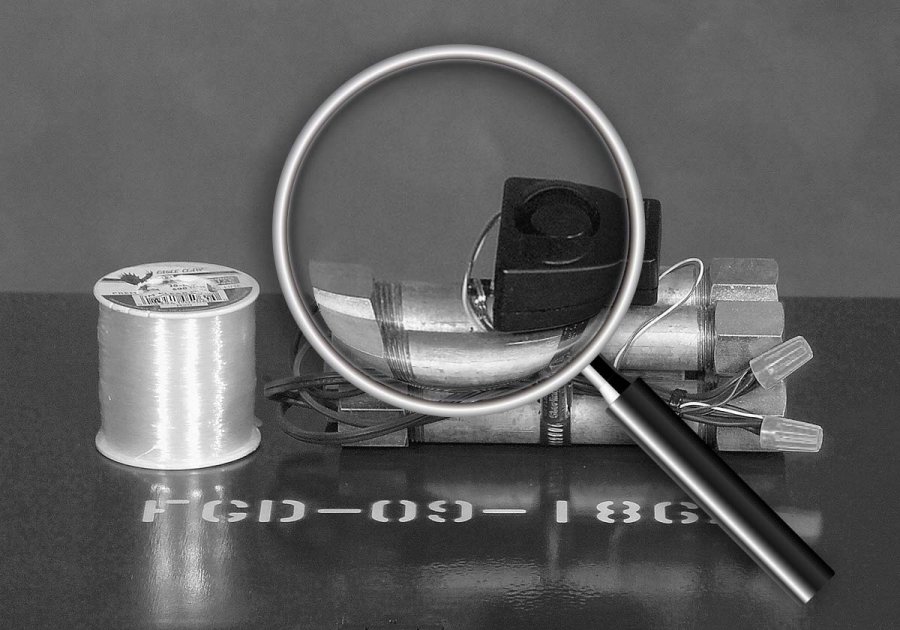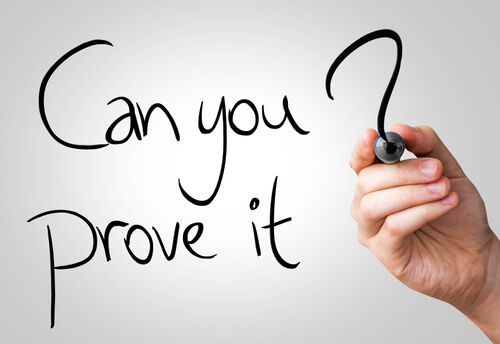Defamation is one of those legal things that most people can happily go through life knowing nothing about. That’s not to say we don’t all experience it – or partake in it, for that matter – as virtually everyone at one point or another has spread or been on the receiving end of malicious schoolyard or workplace gossip.
But it’s actually relatively rare that these matters will make their way into a courtroom. That might be why we don’t think twice about running our mouths off on Twitter or Facebook, or what the effect to our lives or livelihoods might be of someone trash-talking us online. Well, maybe we should, especially considering the amount of time we spend online absorbing and disseminating information.
What is defamation, and when do the courts consider it to have occurred?
In days gone by, you could get in trouble for slander (defamation mainly via speech) or libel (defamation mainly via the written word), but Australia-wide these days both of the old offences are covered under defamation law. Basically, a person commits defamation when they put information into the world that damages another person’s reputation unfairly. The courts have a slightly more precise, three-part test for determining whether someone’s statements constitute defamation:
- Has there been some piece of communication “published” to another party (i.e., other than the defamer or defamee)? This can more or less include any form of communication.
- The piece of communication in question must identify the person or organisation claiming to be defamed. This does not mean they have to be named directly, only that enough information is provided that they could be identified.
- The communication damages their reputation (personal or professional), or otherwise makes them the object of ridicule or ostracised in some way. That is to say, just hurting someone’s feelings is not enough to get you in trouble, at least under this area of law.
How is defamation different in today’s online era?
Well, in a few ways. Prior to the internet, your typical defamation case would involve something allegedly defamatory being published in an Australian magazine or newspaper, and for obvious reasons – you can clip out the article with a pair of scissors and bring it with you into the courtroom, for one thing. A person would rarely have to face a judge for some piece of gossip they passed on to a friend, about a stranger, over the phone.
Today, for better or for worse, a great deal of communication between friends, and between people and organisations, occurs via social media. The big difference is that, while the aforementioned telephone gossip would vanish into the ether immediately after being vocalised, your twitter, Facebook and blog posts are sitting right there for a few billion people to see, perhaps even after you delete them. It comes down to the meaning of that word “publish” – it’s actually defined pretty broadly.
Say someone writes a blog post, claiming that a prominent businessman breaks into people’s houses at night and steals their pets. You’d imagine that, yes, the author might be vulnerable to a defamation action. And maybe the website hosting company – after all, they are sort of “publishing” it, in the same way that a newspaper publishes a journalist. Okay, but what if you share the link on Facebook? You could be considered a publisher too. Better not do that. Then what if someone else shares the link on your wall? Theoretically, you could still be considered a publisher.
(Continued in Part 2 – Jurisdictions: Australia and abroad; defences; and how a private investigator can be handy if you’re being defamed online.)



